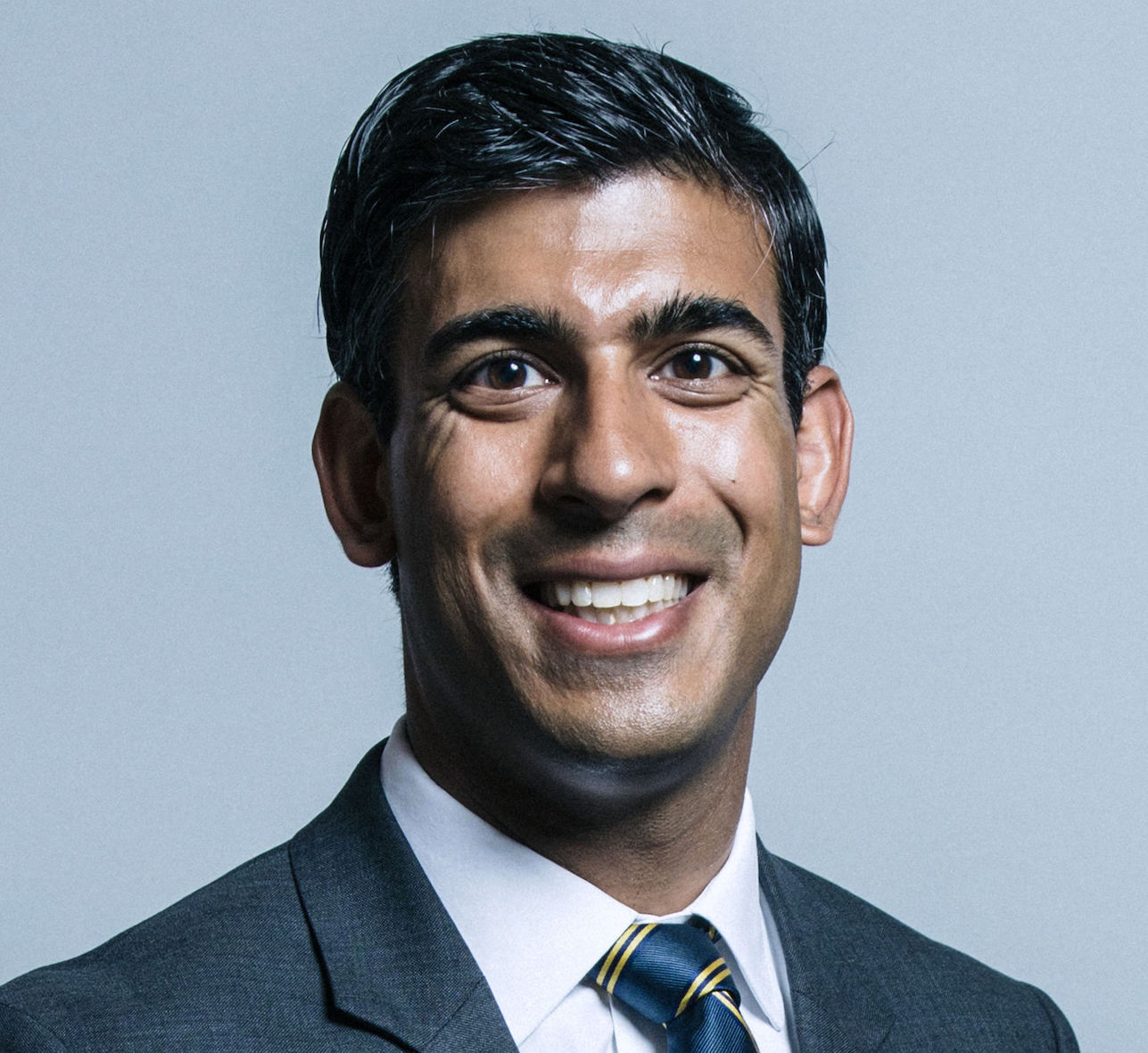More than three million people have reduced or completely stopped their pension payments as a result of the COVID-19 pandemic, new research has revealed.
A study from Scottish Widows suggested that 10% of UK adults who have a pension and are not yet retired will need to work for longer, or significantly increase how much they save later on, in order to make up the shortfall. Those who don’t could face pensioner poverty in later life.
The research, conducted during lockdown among a total of 2,251 adults, considered how the crisis is impacting the short and long-term personal finances of the nation, revealing that almost a quarter of workers (24%) are worried about paying for essentials like food and energy. Another 20% are concerned about paying rent or affording their mortgage.
In total, the research showed almost one in five (19%) suggested they have seen their income fall because of coronavirus, and Scottish Widows also indicated the short-term financial concerns were impacting long-term saving, with 10% of adults reducing pension contributions, or stopping savings completely.
Scottish Widows head of policy, Pete Glancy, commented: “The COVID-19 crisis has revealed a painful lack of financial resilience in the UK, leaving millions of people exposed with little or no safety net to fall back on.
“As the full impact of this crisis becomes clearer, more people may feel forced to pay for today’s essentials with tomorrow’s savings. However, this will only prolong the economic pain of coronavirus and could result in more people facing poverty in retirement.”
Scottish Widows has previously called for a single lifetime savings pot to be introduced, which it believes would help people better withstand financial shocks, such as a fall in income, while still saving enough for a comfortable retirement.
“Introducing a single lifetime savings pot would allow flexible access to savings during times of financial hardship,” Glancy added.
“Not only would this have supported people struggling with the impact of coronavirus, but could also help crack the lifetime savings puzzle at the same as building longer term financial resilience. The next time that a crisis hits, more families could avoid being forced to choose between security today and protecting tomorrow.”
Latest News
-
Residential property transactions fall 24% month-on-month
-
Later life lending loans jump 5.1% in Q4 2025
-
Mortgage Awards 2026: Winners announced
-
FCA outlines proposals to close gaps in borrowers’ credit files
-
St. James’s Place closes 2025 with record FuM
-
Average LTV on UK mortgaged home drops to 59% – IMLA
Mortgage Advice Bureau and AI in the mortgage sector
Chief executive officer at Mortgage Advice Bureau, Peter Brodnicki, and founder and managing director at Heron Financial, Matt Coulson, joined content editor Dan McGrath to discuss how Mortgage Advice Bureau is using artificial intelligence to make advancements in the mortgage industry, the limitations of this technology and what 2026 will hold for the market
Perenna and the long-term fixed mortgage market

Content editor, Dan McGrath, spoke to head of product, proposition and distribution at Perenna, John Davison, to explore the long-term fixed mortgage market, the role that Perenna plays in this sector and the impact of the recent Autumn Budget
NEW BUILD IN FOCUS - NEW EPISODE OF THE MORTGAGE INSIDER PODCAST, OUT NOW

Figures from the National House-Building Council saw Q1 2025 register a 36% increase in new homes built across the UK compared with the same period last year, representing a striking development for the first-time buyer market. But with the higher cost of building, ongoing planning challenges and new and changing regulations, how sustainable is this growth? And what does it mean for brokers?
Does the North-South divide still exist in the UK housing market?

What do the most expensive parts of the country reveal about shifting demand? And why is the Manchester housing market now outperforming many southern counterparts?
In this episode of the Barclays Mortgage Insider Podcast, host Phil Spencer is joined by Lucian Cook, Head of Research at Savills, and Ross Jones, founder of Home Financial and Evolve Commercial Finance, to explore how regional trends are redefining the UK housing, mortgage and buy-to-let markets.
In this episode of the Barclays Mortgage Insider Podcast, host Phil Spencer is joined by Lucian Cook, Head of Research at Savills, and Ross Jones, founder of Home Financial and Evolve Commercial Finance, to explore how regional trends are redefining the UK housing, mortgage and buy-to-let markets.
© 2019 Perspective Publishing Privacy & Cookies











Recent Stories